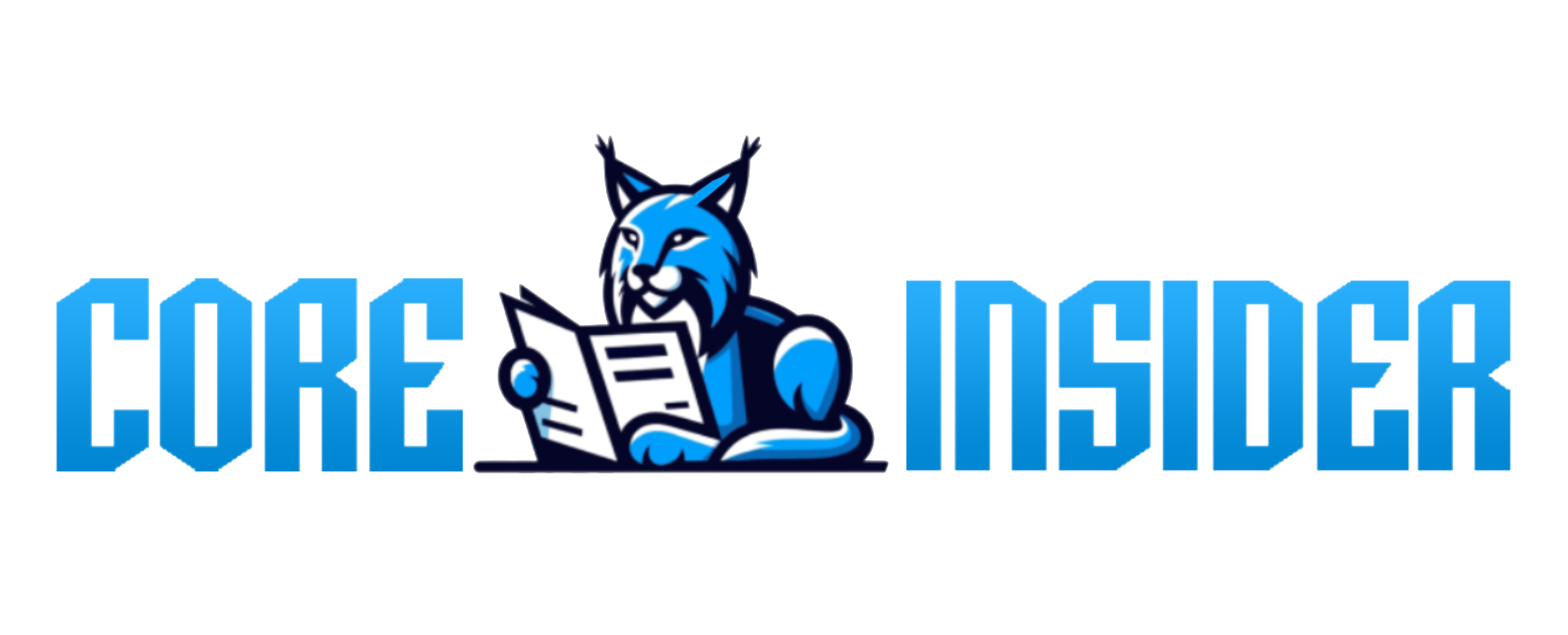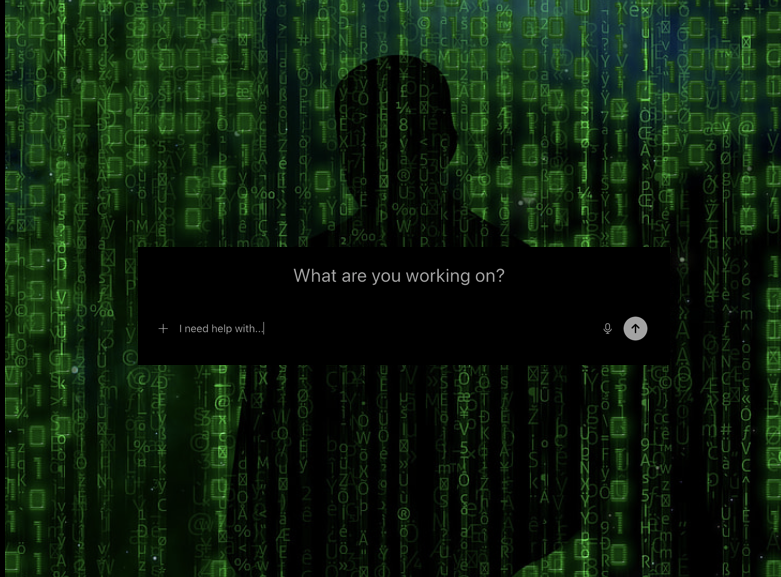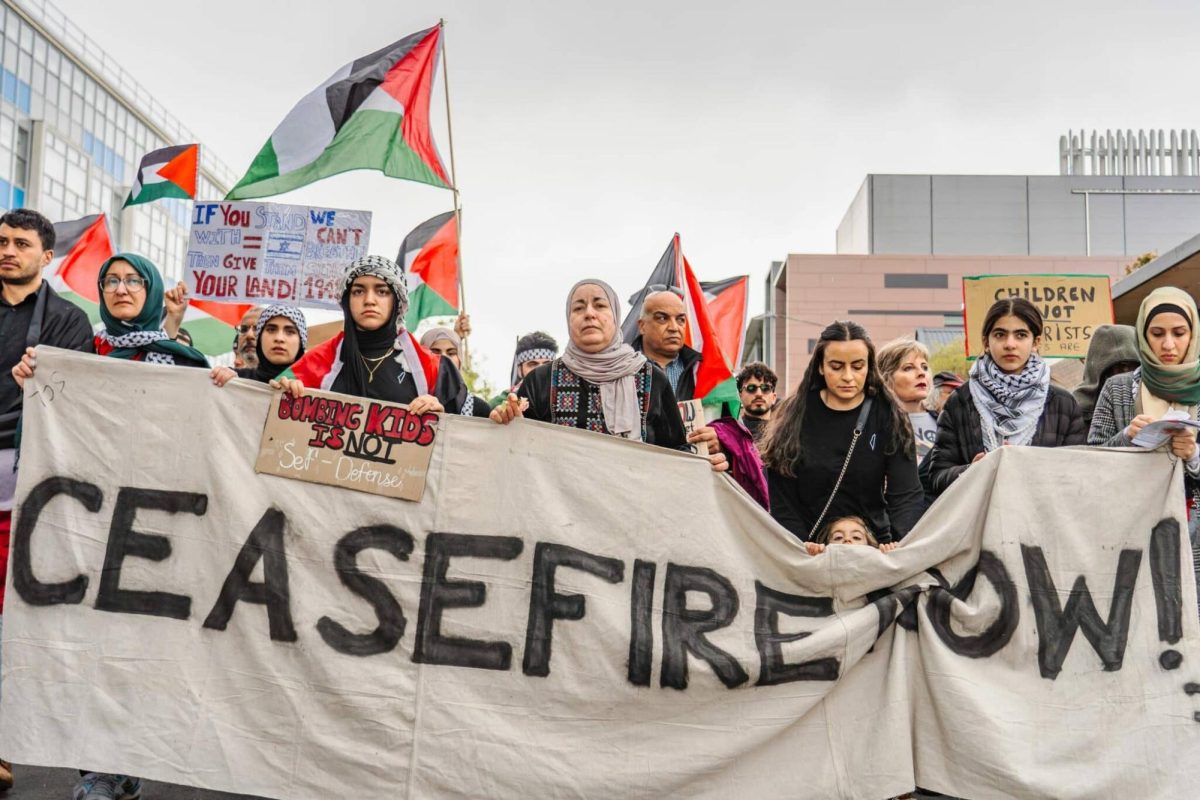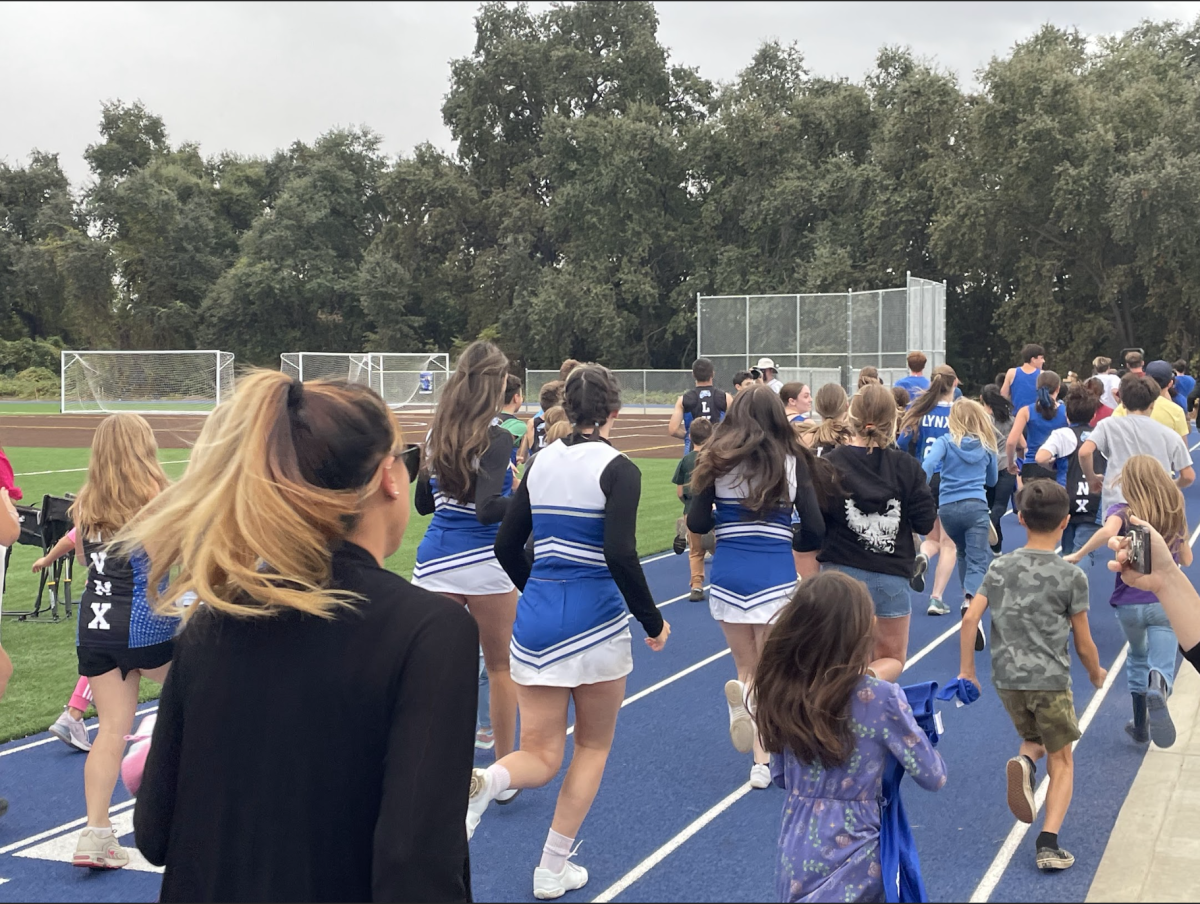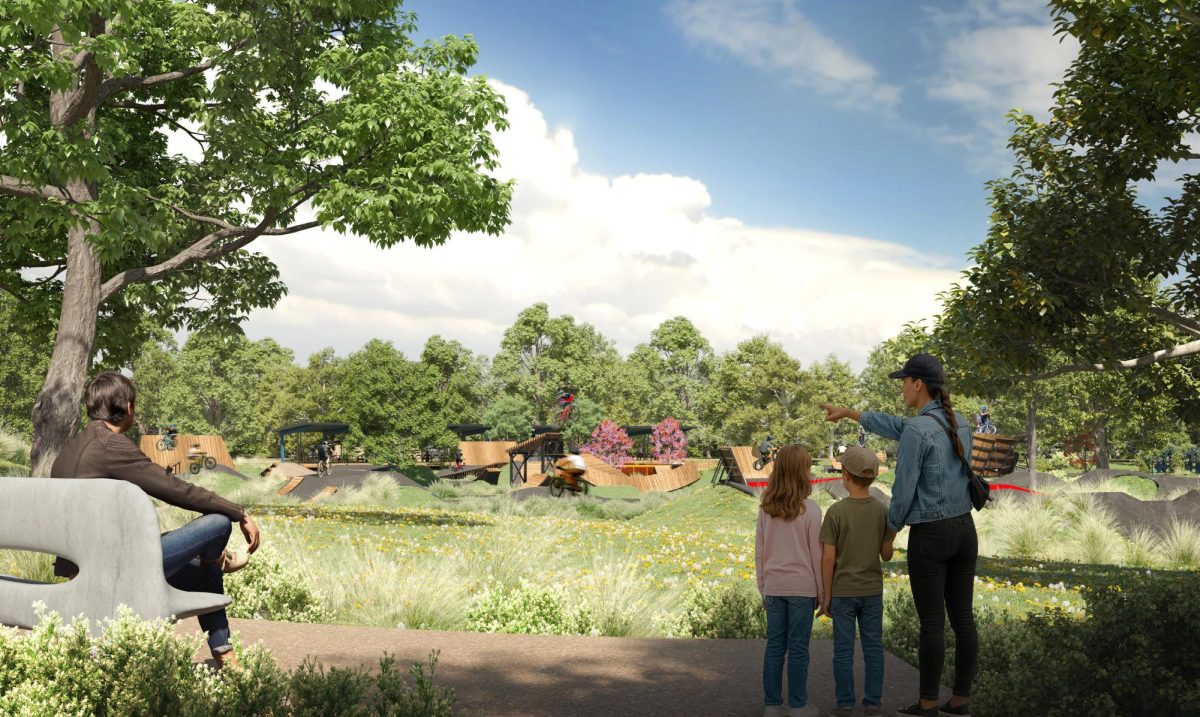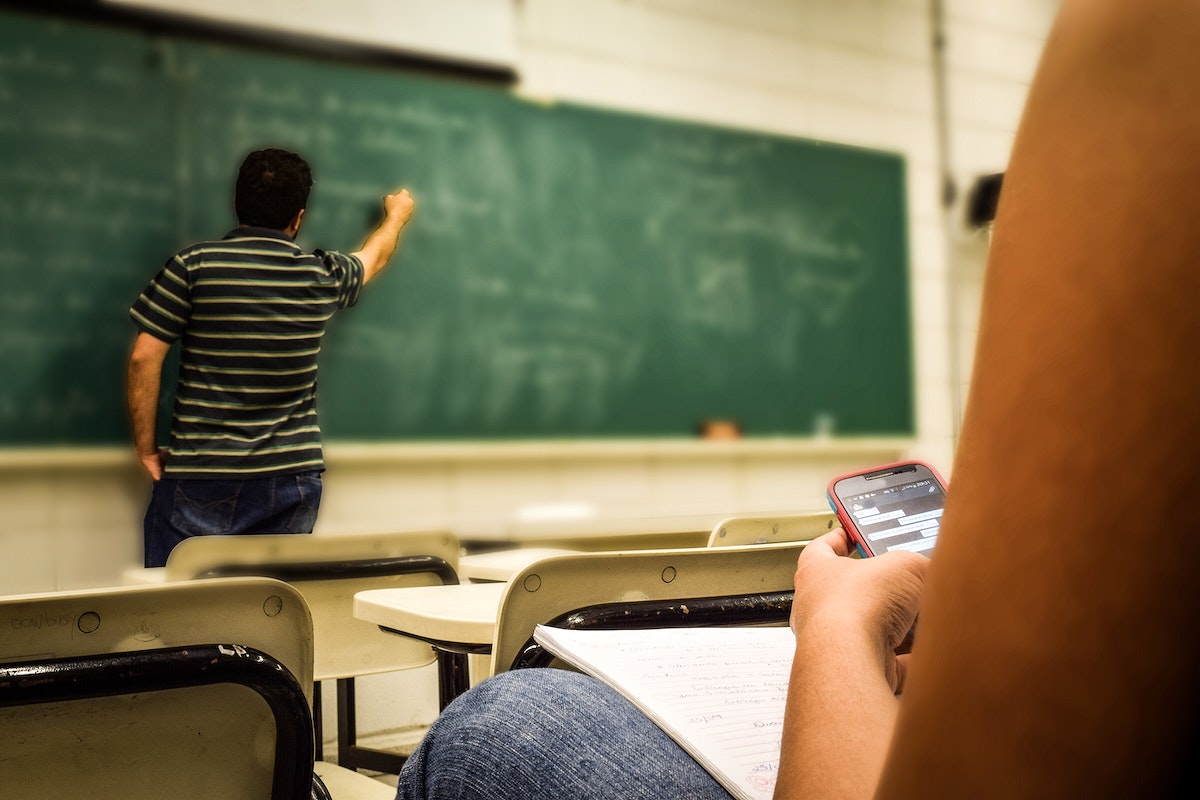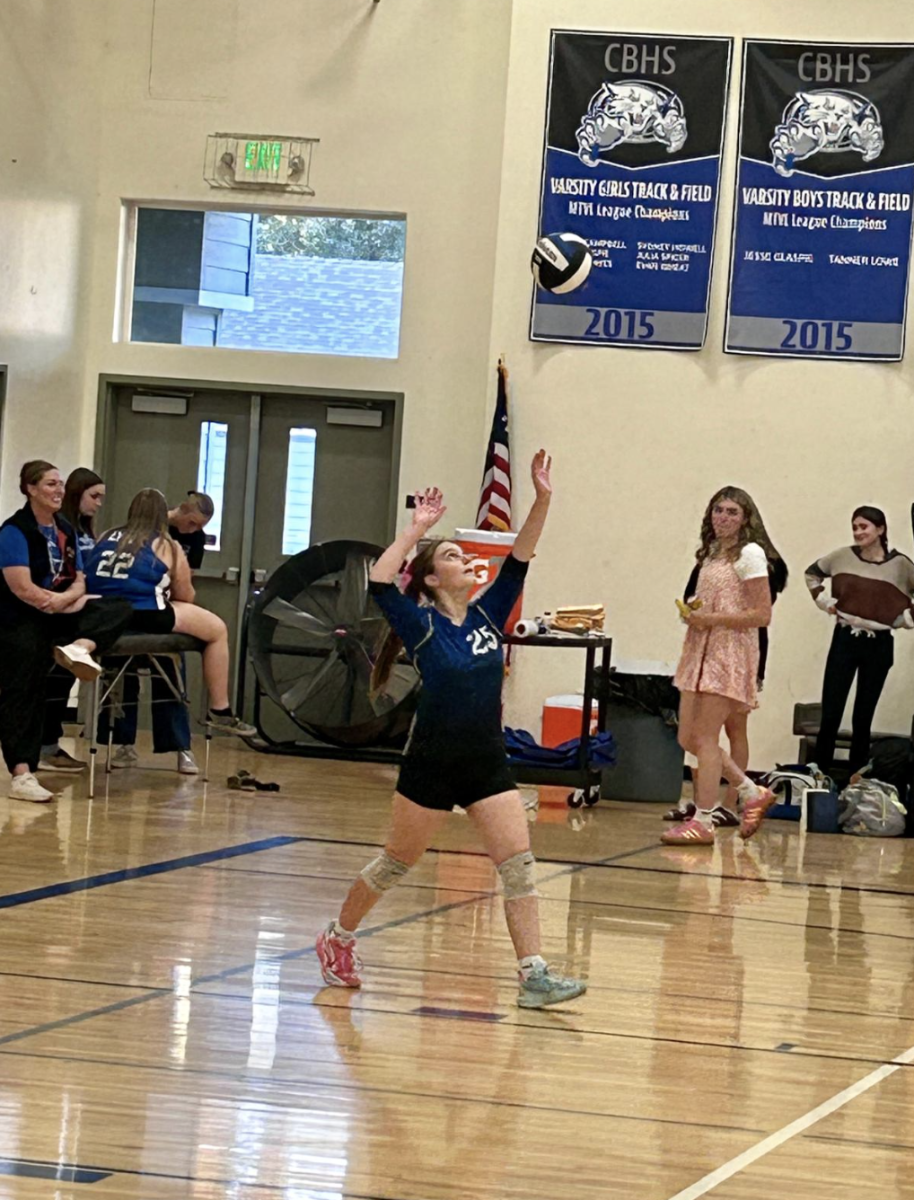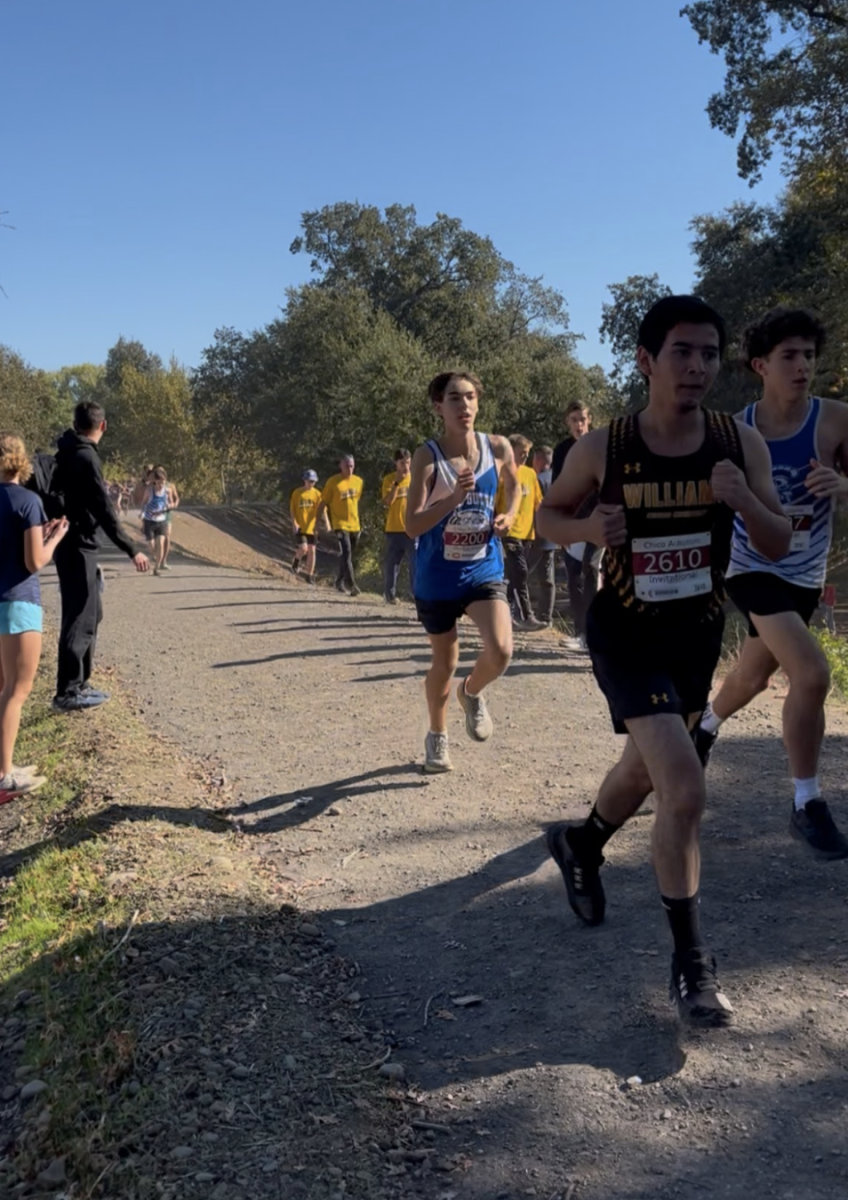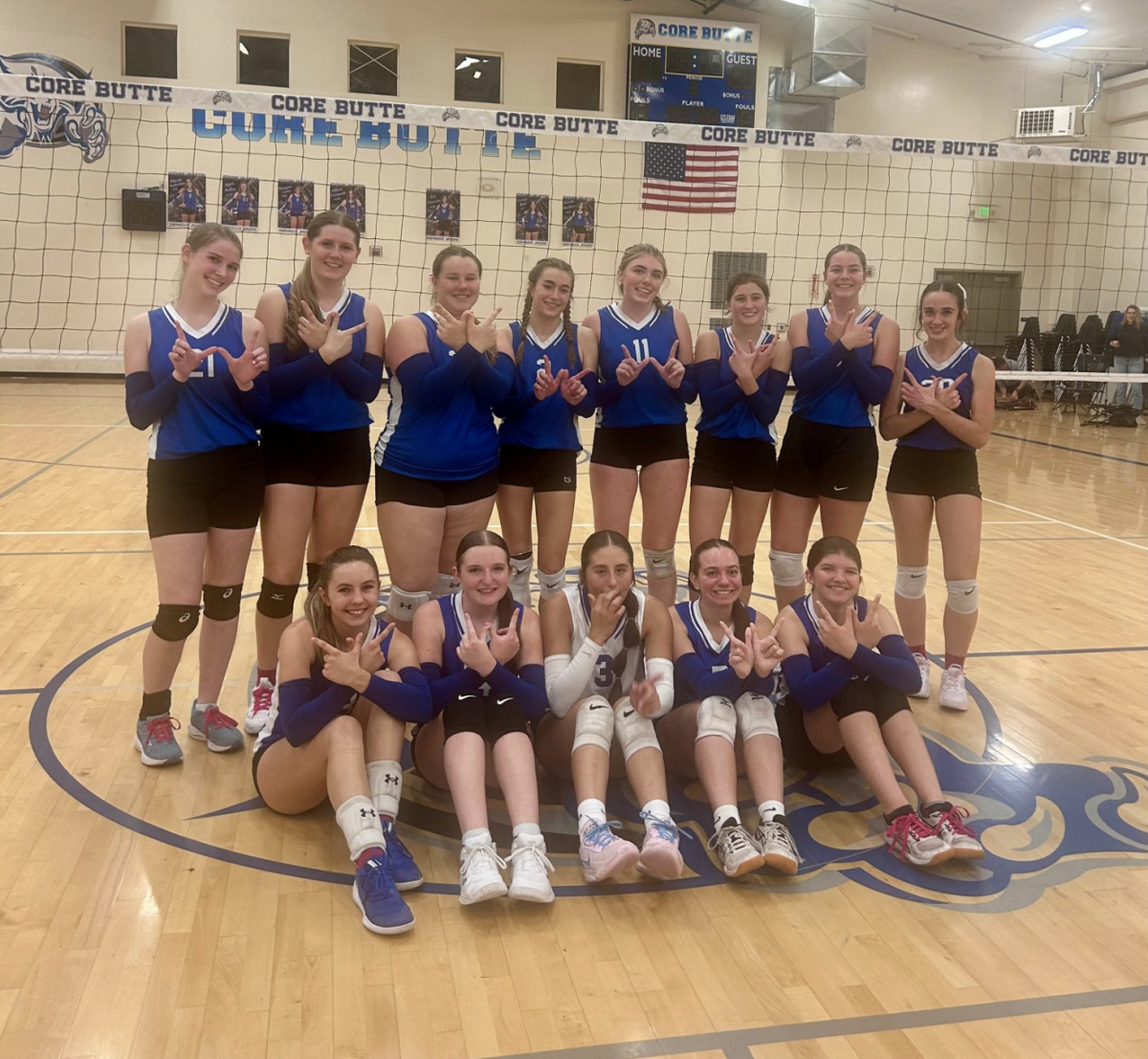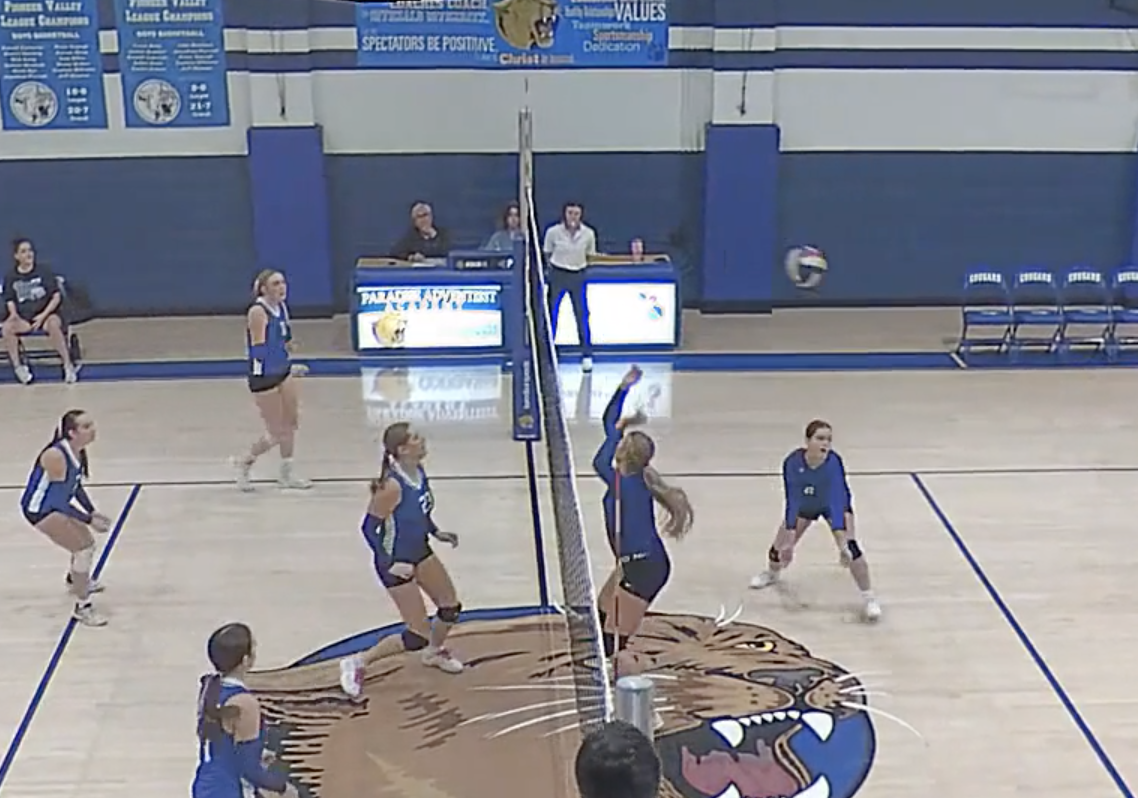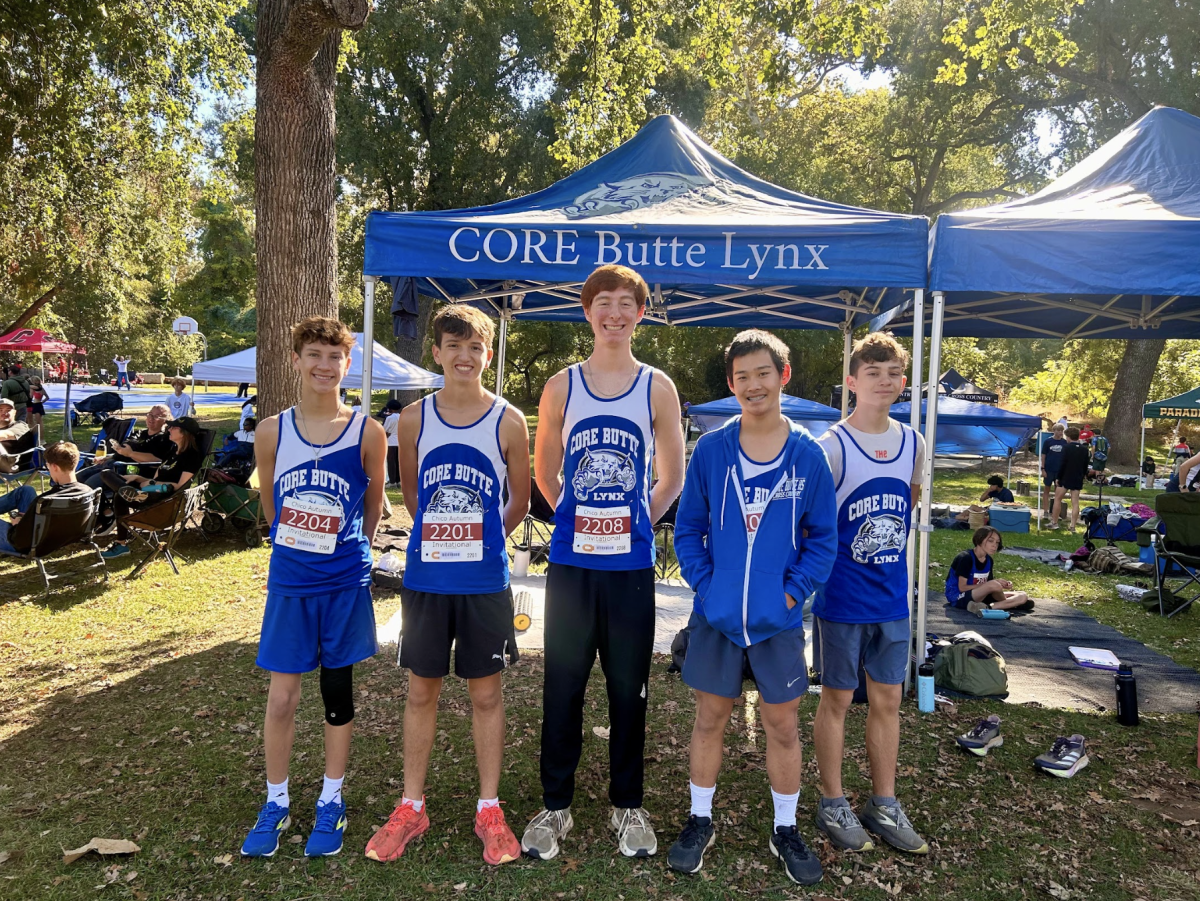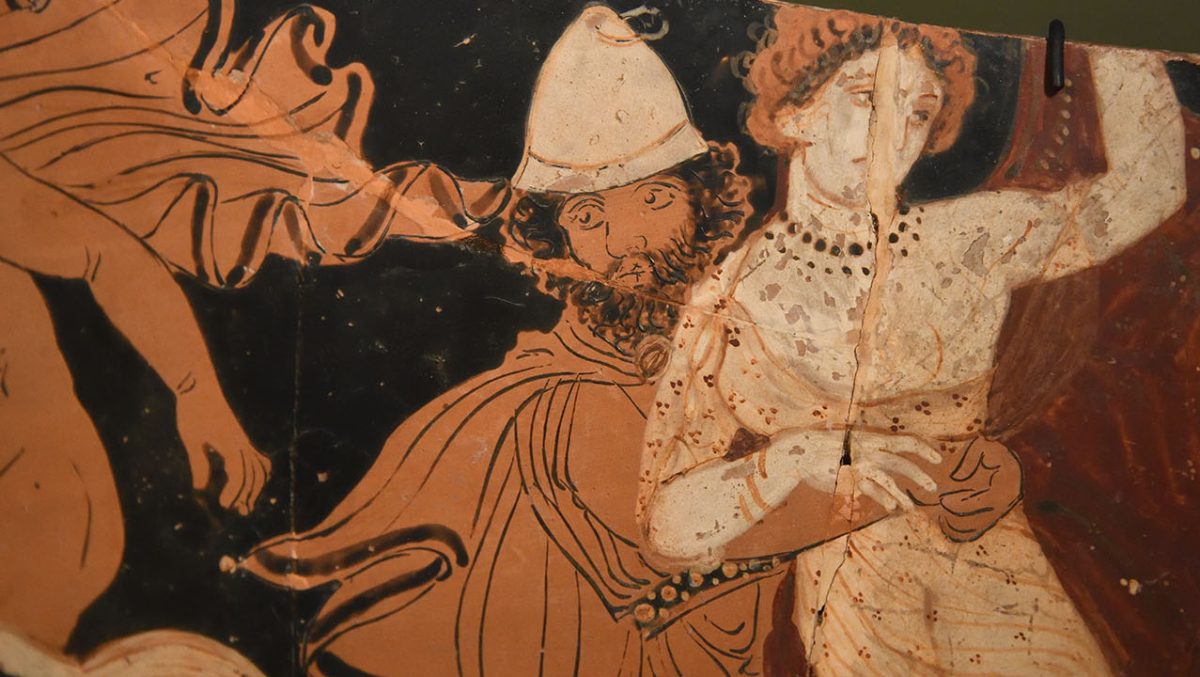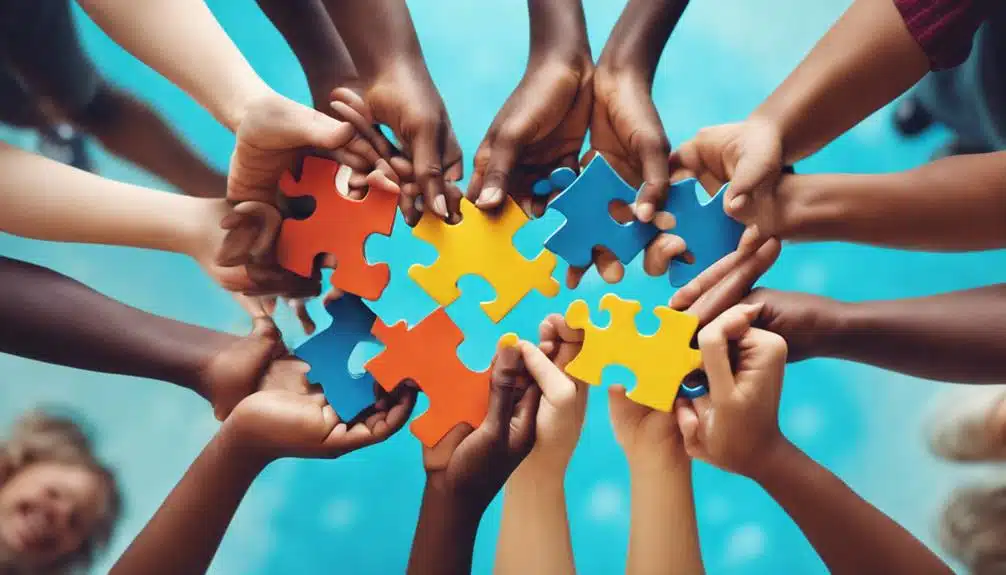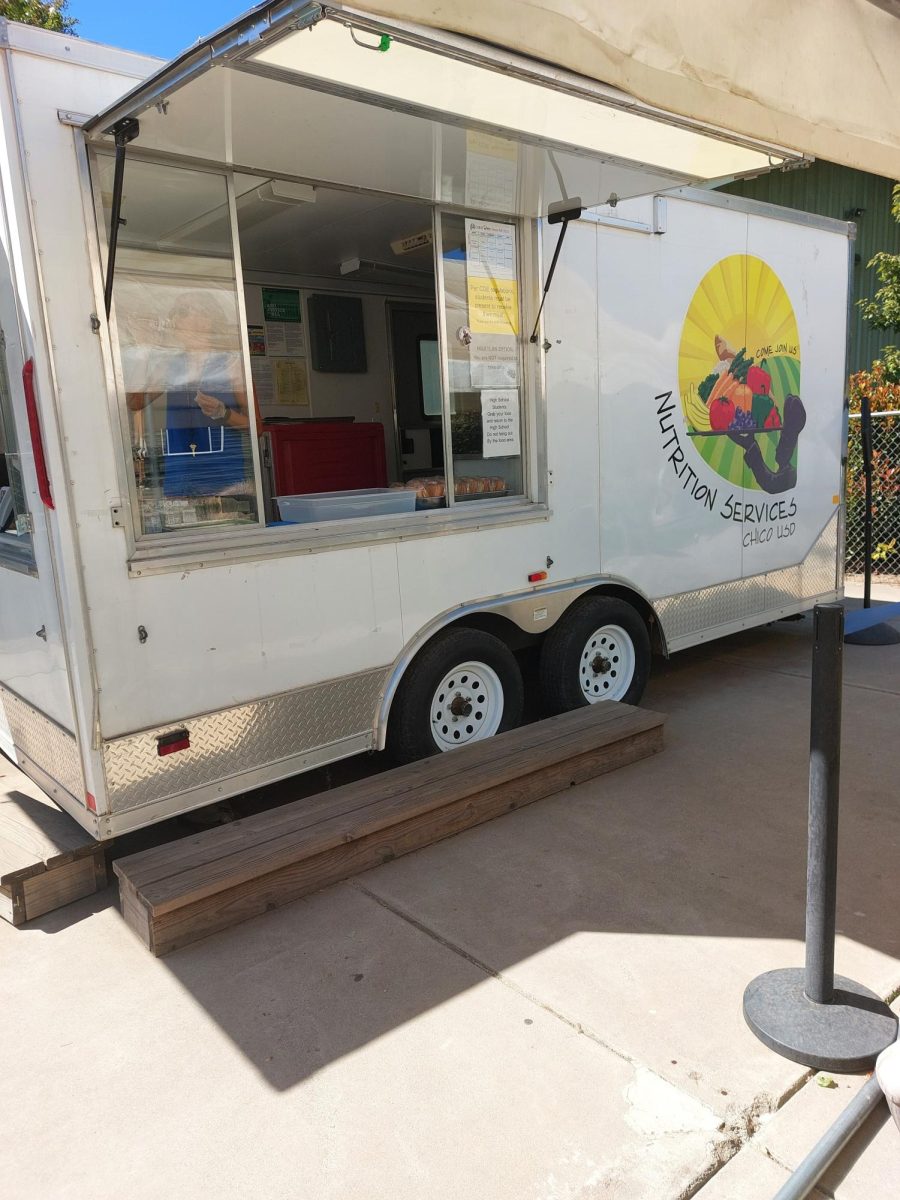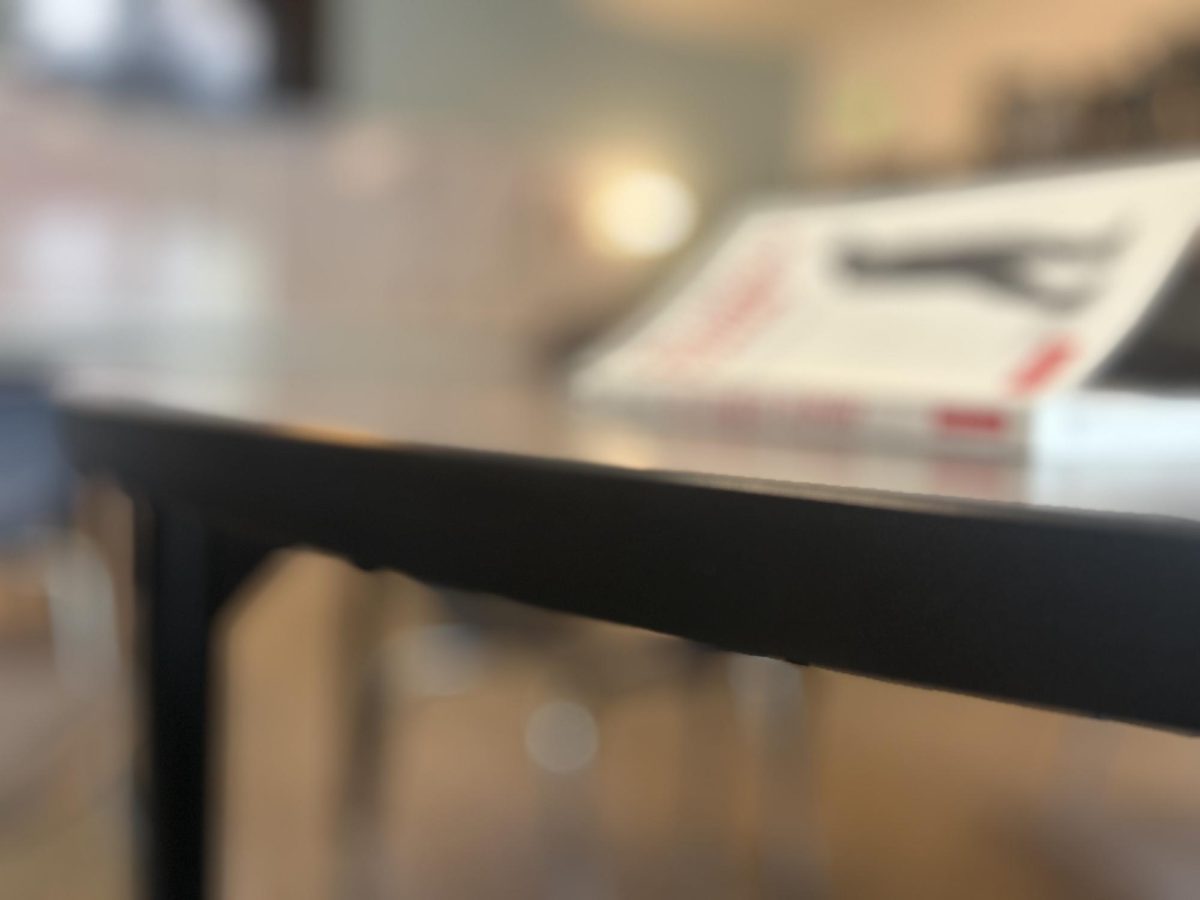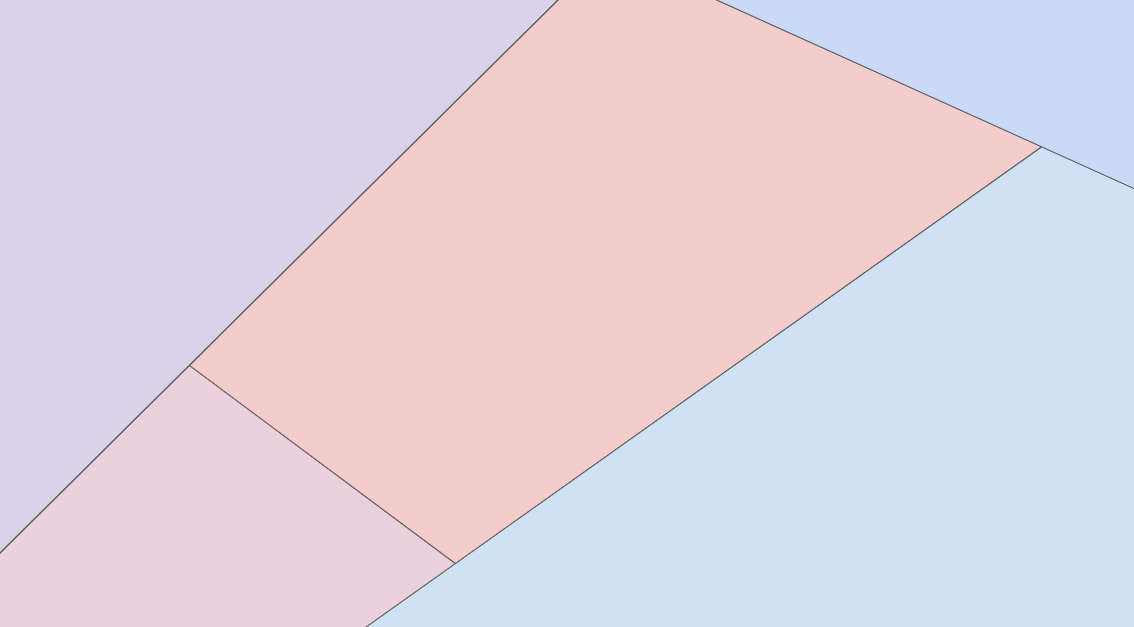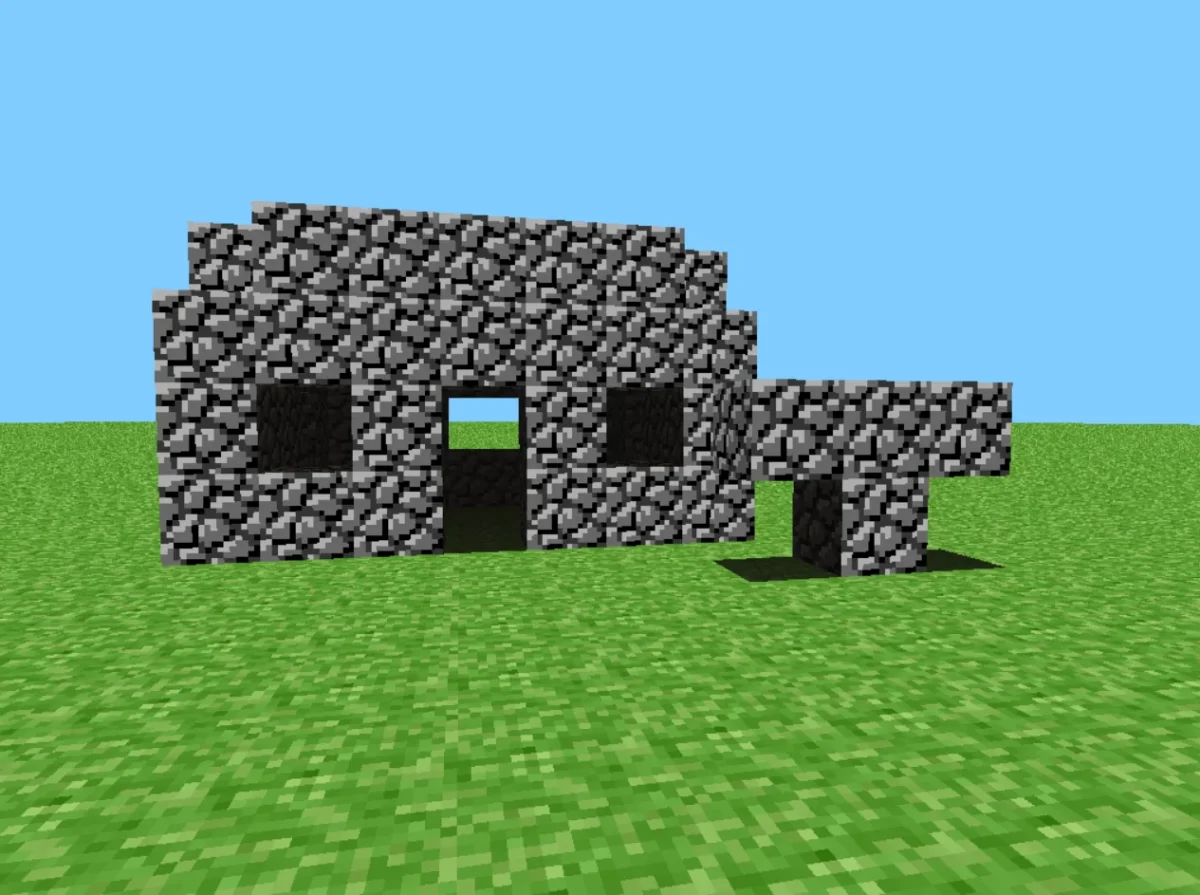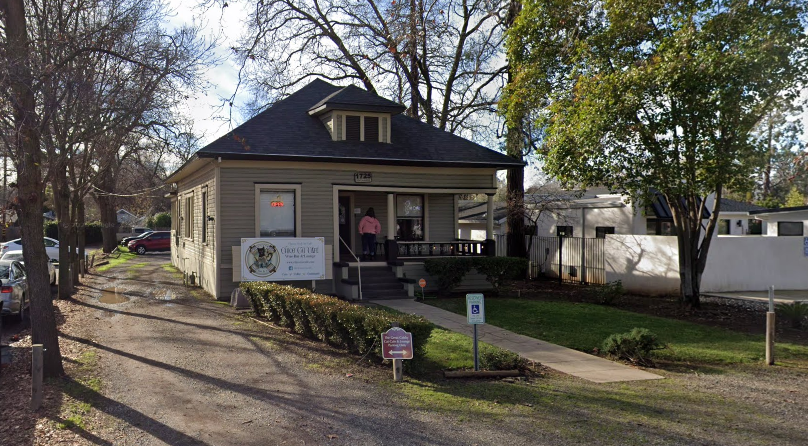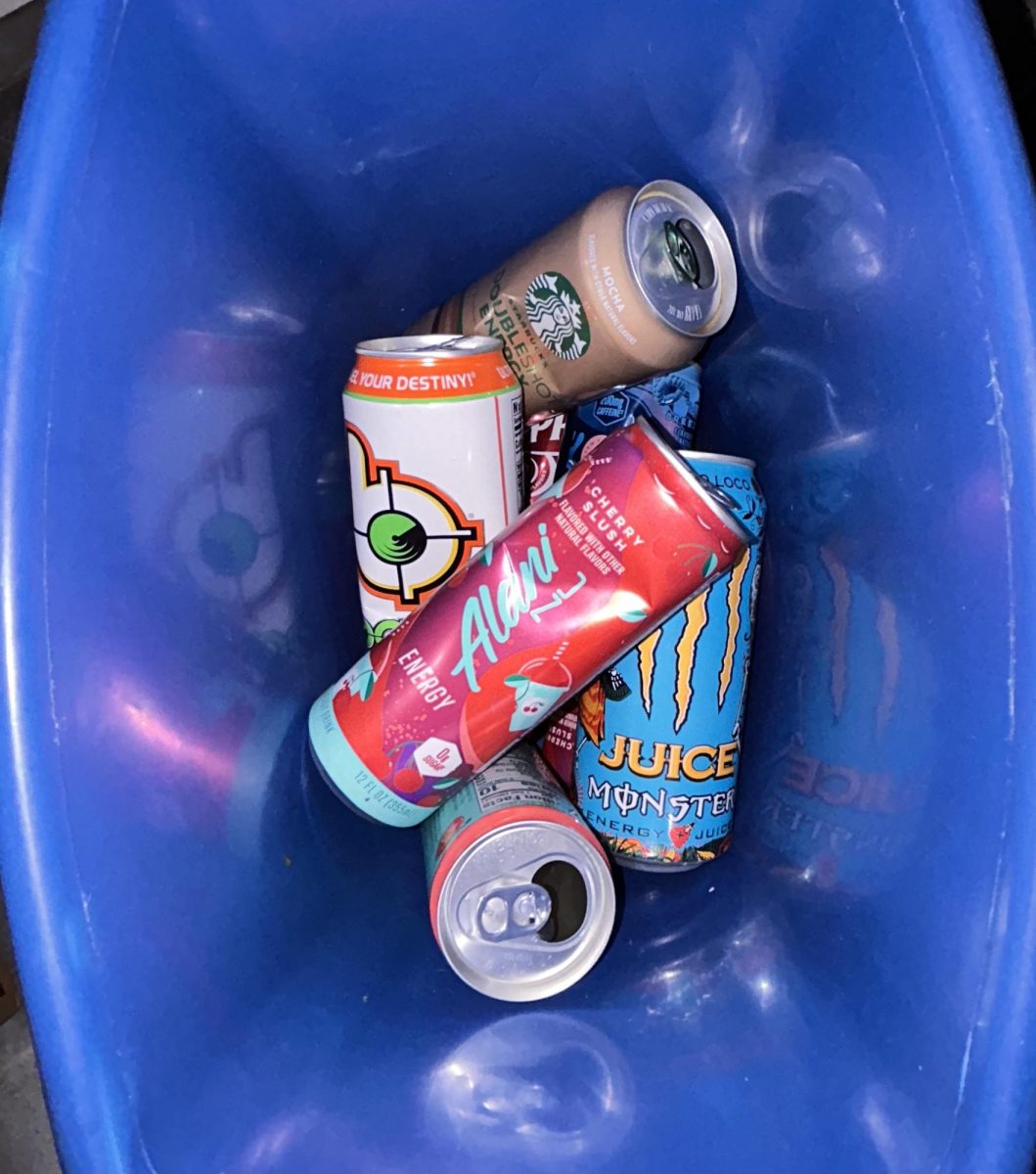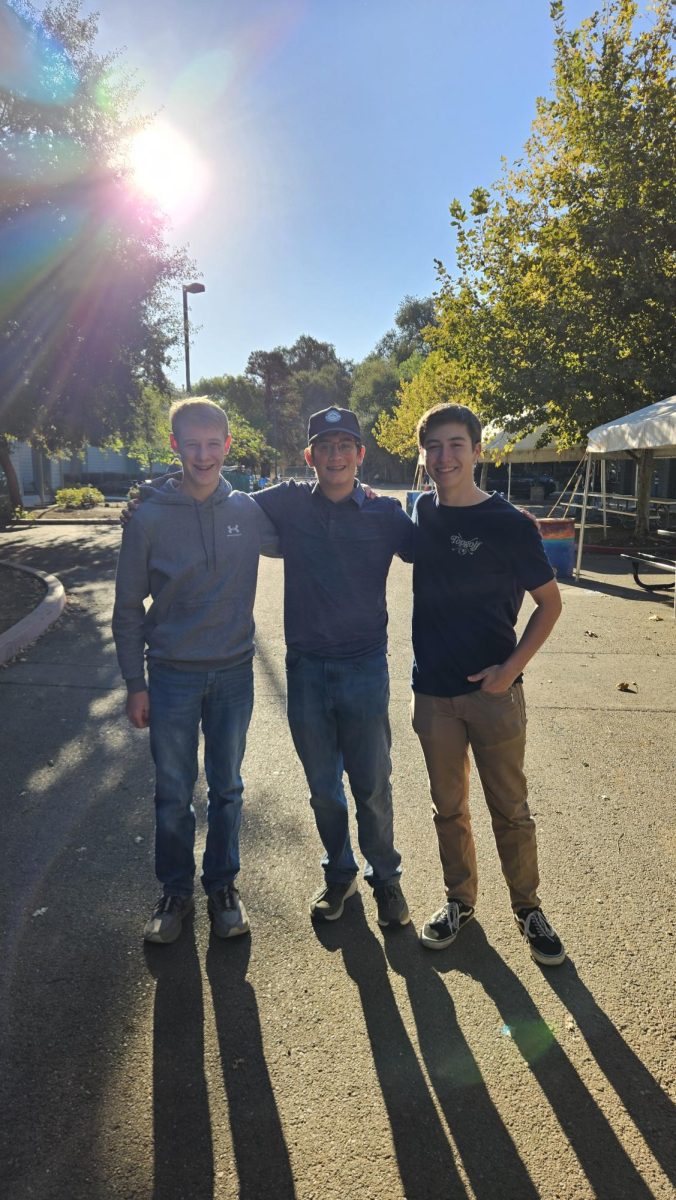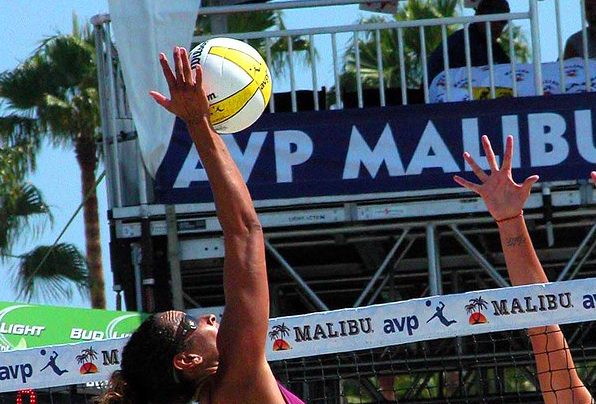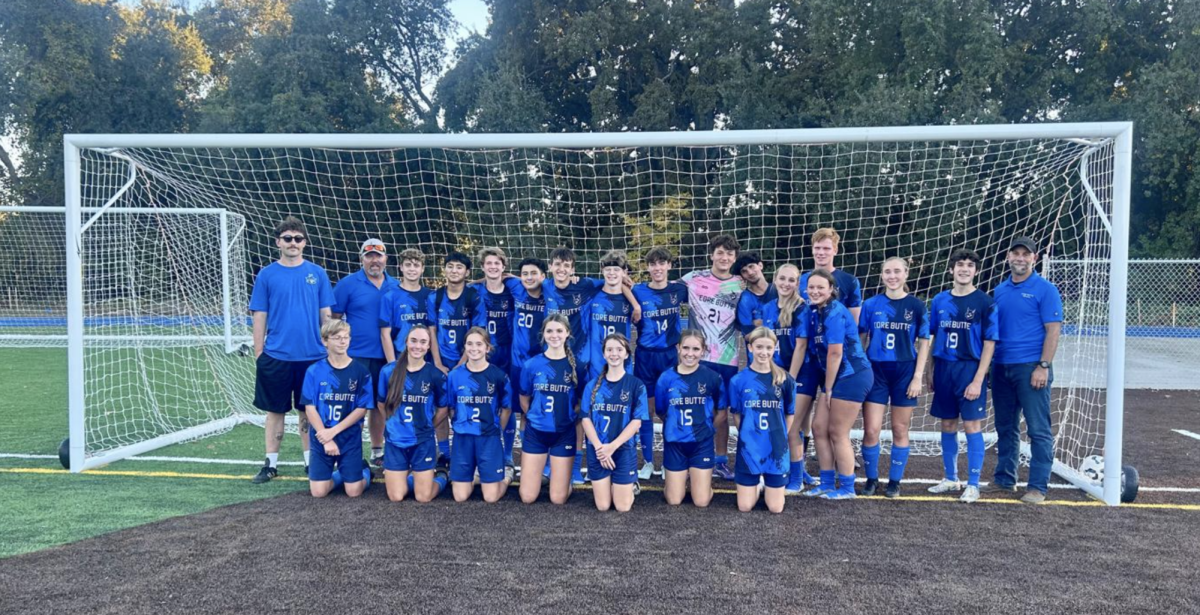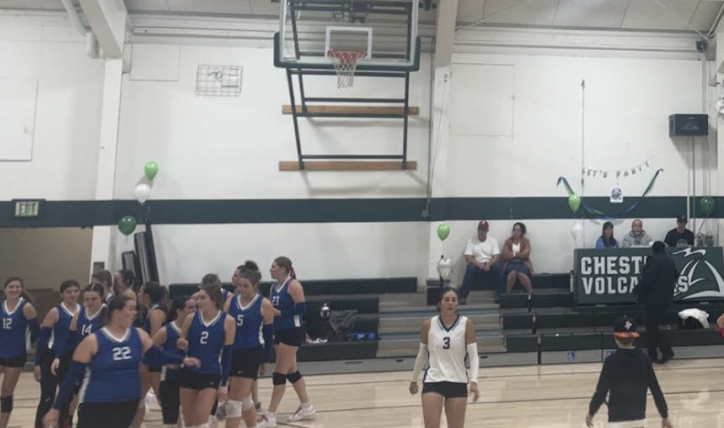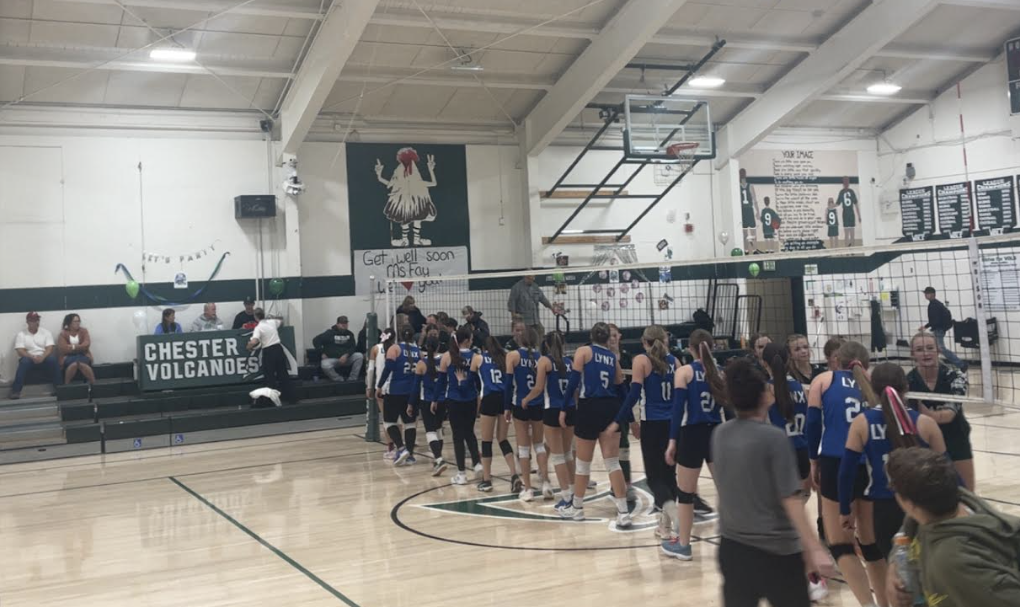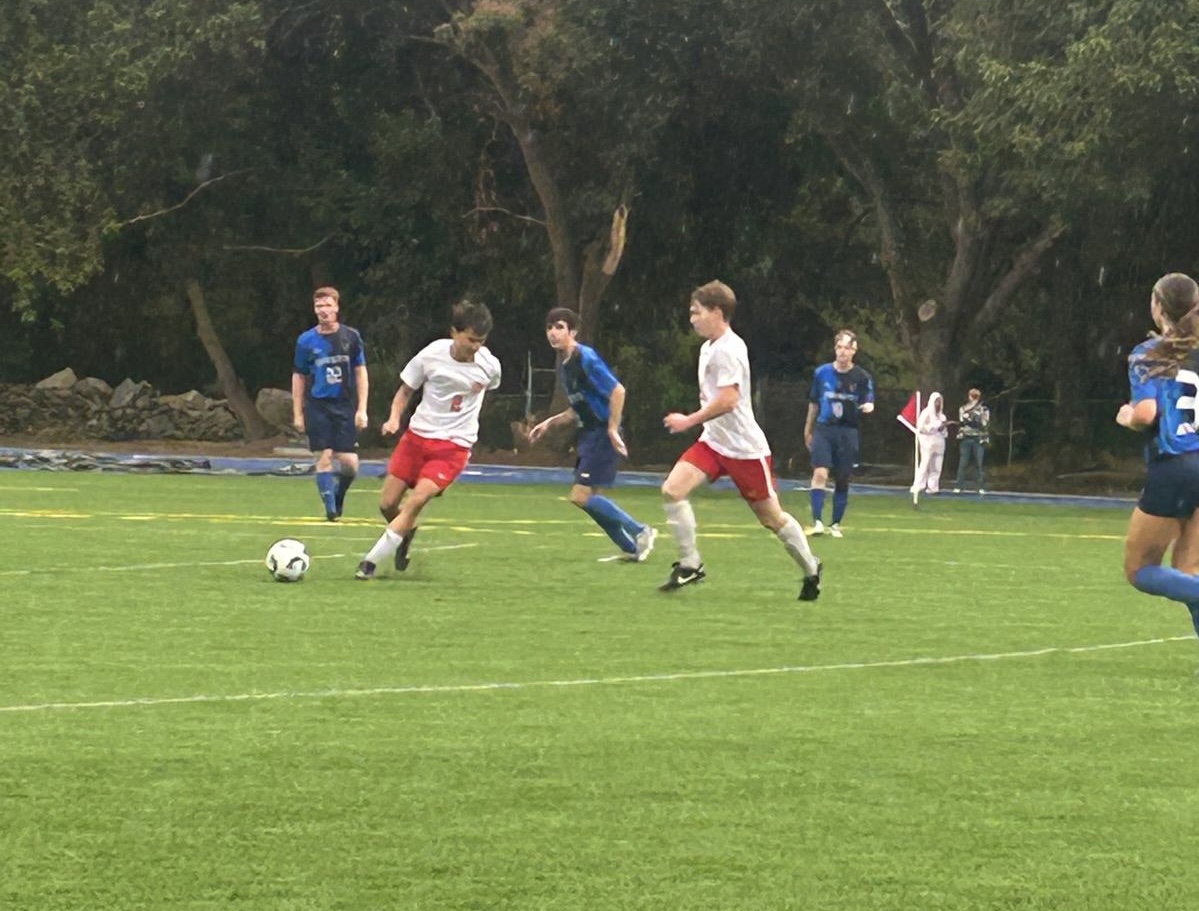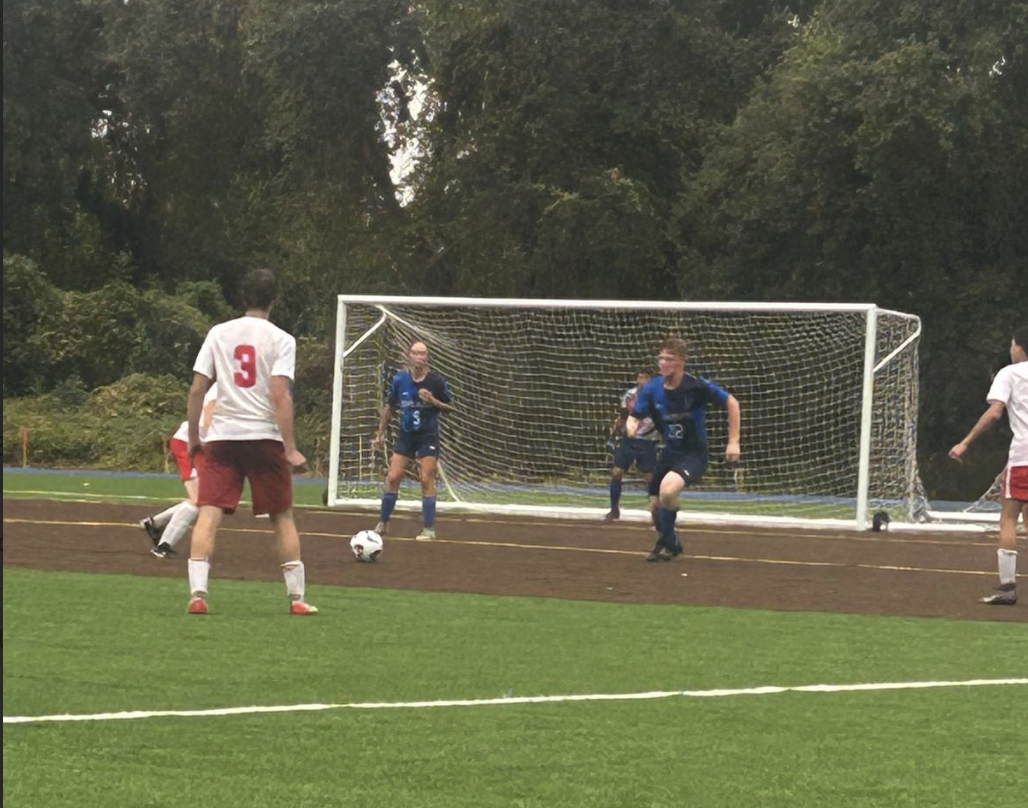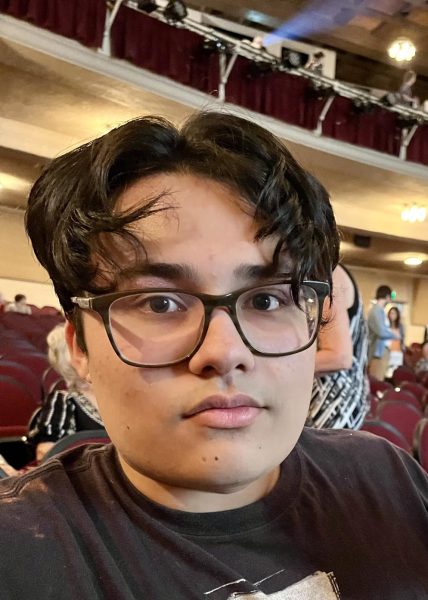Last weekend, CORE Insider scored the grand prize of an interview with an acclaimed personage, the Olympian and present Head Coach of UCLA’s beach volleyball team, Jenny Johnson Jordan.
Insider: What typically constitutes your duties during the season?
Coach Jenny Johnson Jordan: The head coach is ultimately responsible for the team. That would require, obviously, training our student-athletes, so training them in practice; it would be preparing for matches, game days, so that would include scouting, doing videos with our players. Those are the biggest things during the season. And then we are still keeping our eye on recruiting and keeping an eye on the high school players and what they’re doing. Those are my biggest duties, I would say. I think planning things off-court for our team, too, so we like to make investments into our team members off the court, whether it’s mental training, or just fun activities outside of practice in training times, so that the team has an opportunity to bond and to have experiences that are not necessarily related to playing.
Insider: Very good, thank you. Could you elucidate further on those bonding experiences?
JJJ: Well, we just had one today, actually. Actually, we’ve had a few. So the team checked in on Wednesday and moved into their dorms and apartments, coming back from the summer, and on Thursday, we went to a very good friend of mine’s home, right near my home. They have a pool, a jacuzzi, pickleball courts, ping pong, and cornhole, so it’s just a time for the team to play and have fun. We had dinner out there as well. And so that would be one of our bonding experiences. Today, we went to Manhattan Beach, specifically to Bruce’s Beach. And partnership with a group called Culture Club, we put on clinics, or trainings, for kids who are from different parts of the city; they bus them in from different parts of LA, and for some of them, it’s their first time at the beach, surfing, or playing volleyball, or just touching the sand. So, we had the opportunity to come together as a team and serve them in that way today. Further, tomorrow we leave for a team retreat, so we kind of do some bonding before we even get into our trainings. For our retreat, we’re going to an Airbnb for a couple days, and we’ll do some bonding stuff there. Those are some things that we do [for bonding].
Insider: That all sounds like very good fun, and it is quite nice that you are able to put on such clinics. It’s quite magnanimous, yes. Could you adumbrate, briefly, if you can, on the recruiting process?
JJJ: Yeah, so recruiting looks different during different times of the year. Summer is probably our busiest time, because that’s when a lot of the top high school players from around the country come to Los Angeles the South Bay specifically, and play big tournaments from the end of June to the first weekend of August. This is a five-week period where we’re watching the athletes play, evaluating them. Then during the school year, we’re continuing to do that, but we’re also with our own team. It is at the end of their sophomore year when we can actually start talking to that class of recruits and can have phone calls with them, and start the interpersonal recruiting process. We’ll put on camps and clinics on campus so they can come visit, and we’ll go watch them play in some of their competitions around the country.
Insider: The prohibition of speaking to those younger than sophomores, is that a matter of law or practice?
JJJ: It’s an NCAA rule, yes.
Insider: Okay, that makes good sense. What does the training regimen for the players typically consist in?
JJJ: A typical week for us would be training on the sand five to six days a week. Of said days, we lift in the weight room three days, and two of the other days, we do conditioning, every week.
Insider: For the training on the sand, do you have a facility on campus, or do you go to a beach?
JJJ: We have a facility on campus where we do most of our training, but we do go to the beach here and there, because at the beach, it’s a different type of surface feeling, and being more in the open, we also get wind at the beach, and wind is a big part of our game…
Insider: As the head coach, I imagine you have multifarious responsibilities. You have a staff, I imagine, whom you can devolve certain tasks upon. Could you explain some of these offices, perhaps?
JJJ: Mm-hmm, so I have two assistants, and they help with all of the things I’ve already described. We definitely work as a team in that. They also have their own responsibilities, too. But they help develop a training on the sand, they can help through us all talking together about lineups, partnerships, and scouting, so we share a lot of those responsibilities, and obviously, we all get the opportunity to coach on the court with our players.
Insider: I would imagine your experience as a Bruin player informs your coaching. Am I correct?
JJJ: Yes, though I didn’t get to play beach at UCLA, I played indoor. After I played indoor UCLA, I played pro for fourteen years with each after that. I think definitely having gone to UCLA, obviously, I know a lot about the school, and there are a lot of things that I’m really, really proud of in terms of what the school represents, and the people that I get to work with. But I think there are some skills and mentalities as an athlete that translate indoor to in-beach, and so, in that sense, I would say my time at UCLA has molded my coaching in some ways.
Insider: Could you speak to that which you are proud of with regard to the school?
JJJ: Yeah, I think the thing I’m most proud of is the people, honestly, the people who have blazed trails before us, student-athletes specifically, and also to the people I get to work with. The thing that makes UCLA so great for me are the people, and it’s everyone from my staff to the people in the athletic department, to the weight coaches and the trainers, all of them. There are people who’ve been there a long time working, who I’ve known for a long time, and they are amazing, and then there are some new people who have come in whom I’ve befriended and enjoyed working with. That’s what makes it enjoyable to come to work every day. The competitive culture we have, too, I think that’s fine, and also the resources that they give to the student-athletes in order to give them an experience in college that is not just about sports.
Insider: Speaking of trailblazers, you’re only the second beach volleyball coach at UCLA. In this capacity, have you been able to exercise a greater influence on molding the program than in a more staid sport?
JJJ: Thank you. You know, in my involvement with the team, whether as an assistant or a head coach, I feel like I’ve had a great opportunity to come all the program into what it is. Obviously, the players have a lot to do with that as well. But I’ve been able to see, kind of, the evolution of the sport.at UCLA, almost from the very beginning to where it is now. I wasn’t there the first year as a coach, but I’ve been there ever since. So, I think I got a pretty good idea of what our team needs and what we want to do to be the best we can.
Insider: Have there been any major alterations you have wrought since you inherited the head coach title?
JJJ: That’s a good question. I think I definitely didn’t feel like we had to change everything by any means. But I do think there are some things that I’ve done to, kind of, make it a new era in our program. First and foremost, just the kind of mantra we live by, the three B’s: bond, battle, believe. That was one thing I wanted to bring to our team, and so every year, they get to define what those words mean to them. I feel like something that’s really important for them to bond as a team. When you’re bonded, you battle harder together and for each other, and then you really start to build this belief in yourself as a player, and in the team as a whole. So that’s one thing that I wanted to bring to the team, and have them use it kind of as a framework for just everyday motivation in terms of who they want to become as players. For me, it’s always been really important to invest in the whole person, that athletes who come through this program are not just athletes, they’re not just student athletes or scholar athletes, they’re people. It’s a very transformative time in their lives, and so I enjoy being a part of that development and transformation.
Insider: You seem to be passionate about the team. In your capacity, do you presently find the job pleasurable?
JJJ: I do. The job is pleasurable, and it’s also challenging. We, as a staff, work really hard to create an environment where our team can get pushed competitively, and also a place where they are having fun and are comfortable, and want to grow and get better. And, you know, college sports is changing all the time, and so we have to adapt to those changes; that’s what can make it challenging at times, but it’s good work, it’s fun work, it’s the kind of work that I really enjoy doing.
Insider: Could you give me an example of one of those changes in beach volleyball that you have had to adapt to?
JJJ: Well, one big change is that starting this year, we’re only allowed to have nineteen players on our team, since there’s a roster cap. Before, you could have as many or as few people as you wanted on your team. So that’s been an adjustment for me as a coach, planning for rosters, and figuring out who’s going to be ultimately on the team and part of that nineteen.
Insider: Before this rule was instituted, what was the typical size of the team?
JJJ: It was usually around twenty. I think the biggest we got to was twenty-four. But I do know that there are teams around the country who have 30-plus players.
Insider: Okay, that is all I wanted to ask. Thank you very much. Your answers are quite enlightening.
JJJ: No problem, I appreciated your questions.
